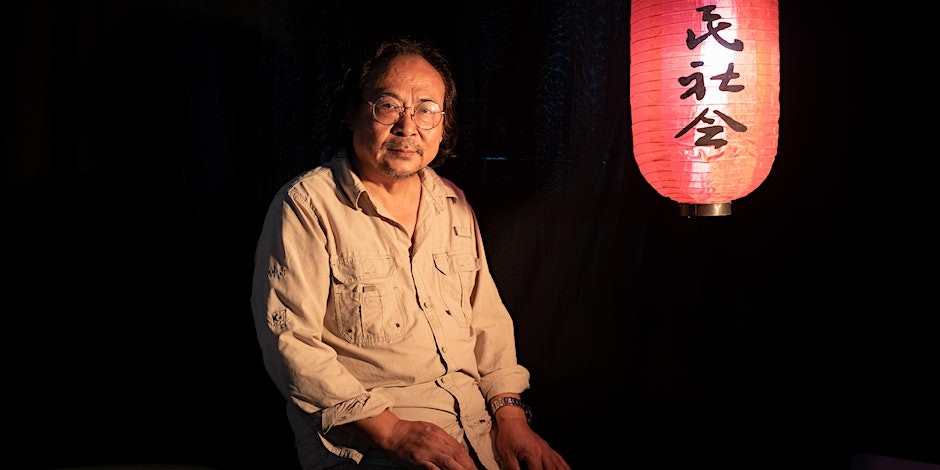
China's Underground Historians
A documentary filmmaker who spent years uncovering a Mao-era death camp; an independent journalist who gave voice to the millions who suffered through draconian Covid lockdowns; a samizdat magazine publisher who dodges the secret police: these are some of the people who make up Sparks: China’s Underground Historians and their Battle for the Future, a vital account of how some of China’s most important writers, filmmakers, and artists have overcome crackdowns and censorship to challenge the Chinese Communist Party on its most sacred ground–its monopoly on history. Using digital technologies to bypass China’s ubiquitous surveillance state, their samizdat journals, underground films, and guerilla media posts document a persistent pattern of disasters: from famines and purges of years past to ethnic clashes and virus outbreaks of the present. Based on ten years of on-the-ground investigations and interviews, Sparks challenges stereotypes of a China where the state has quashed all free thought, revealing instead a land engaged in of one of humanity’s great struggles of memory against forgetting–a battle that will shape the China that emerges in the mid-21st century.
Ian Johnson is a Canadian-born American journalist and independent writer known for his long- time reporting and a series of books on China and Germany. Johnson writes regularly for The New York Review of Books, the New York Times, and the Wall Street Journal. He won the 2001 Pulitzer Price for his coverage of the persecution of Falun Gong practitioners in China. In 2017 he won Stanford University’s Shorenstein Prize for his body of work covering Asia. In 2019 he won the American Academy of Religion’s “best in-depth newswriting” award, and in 2020 was award a Public Scholar fellowship from the National Endowment for the Humanities. Johnson lives in New York, where he is Stephen A. Schwarzman senior fellow for China studies at the Council on Foreign Relations.